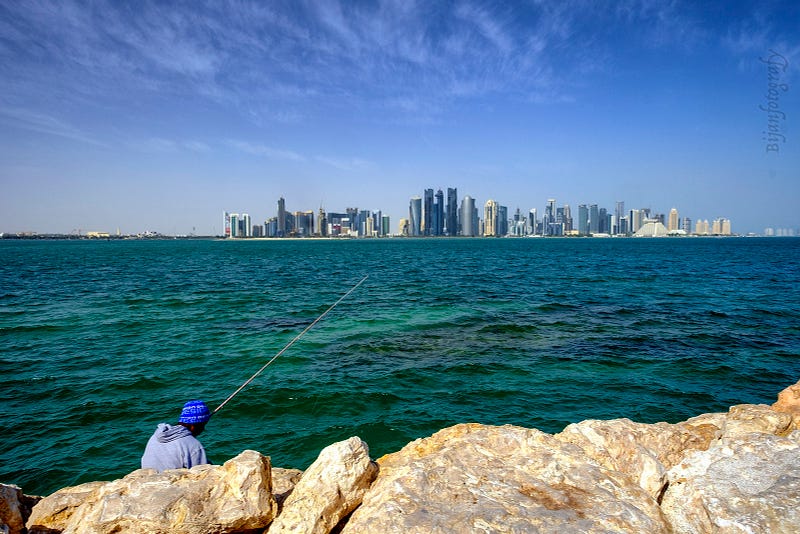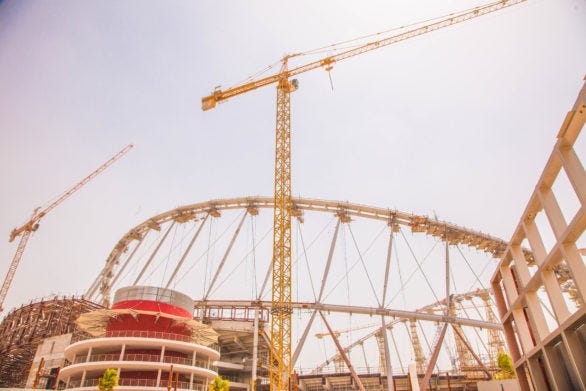IMF: New sin taxes in Qatar to fuel growth this year

Qatar is “moving in the right direction” amid lower energy prices and is well-positioned to grow in 2017, the International Monetary Fund (IMF) has said.
In a year-end note, the IMF praised authorities’ decision to reduce subsidies on petrol, electricity and water in 2015 and 2016.
It also hailed Qatar’s plan to implement additional taxes on tobacco and soft drinks starting this year, which will help generate extra revenue.

The government first warned of the upcoming sin taxes last June. But it did not elaborate on when the fee would be implemented.
In a report at the time, the Ministry of Development Planning and Statistics (MDPS) said the tax could also apply to fast foods.
Value-added tax in 2018
The MDPS also confirmed then that Qatar will introduce a 5 percent value-added tax (VAT) in 2018 as part of a GCC-wide agreement.
Taking this into account, the IMF said:
“The fiscal adjustment planned in 2017 by the authorities is moving in the right direction.
During 2017–18, further subsidy cuts, increase in public fees, a moderate recovery in global commodity prices and the implementation of a VAT will drive inflation, which is expected to moderate back to low levels over the medium term.”
The VAT doesn’t necessary spell bad news for consumers, according to experts.
This is because it is expected to exempt certain food items. The cost of education, healthcare and social services will likely also be excluded.
And audit firm BDO Qatar previously said “retailers may reduce their profit margins and absorb some or all of the VAT costs” in order to maintain their sales and survive in the market.
World Cup
One more factor working in Qatar’s favor in the coming years is non-energy-related growth in the form of World Cup spending.
According to the IMF, this will help boost real gross domestic product (GDP) to about 3.4 percent this year, up from 2.7 percent last year.

In terms of advice, the body urged Qatar to explore “complementary” revenue measures, such as taxing GCC businesses.
It also warned authorities to manage liquidity pressure carefully.
Thoughts?
Credit: Doha News
URL: https://medium.com/dohanews/imf-new-sin-taxes-in-qatar-to-fuel-growth-this-year-66580820f915#.wgttm1jy7